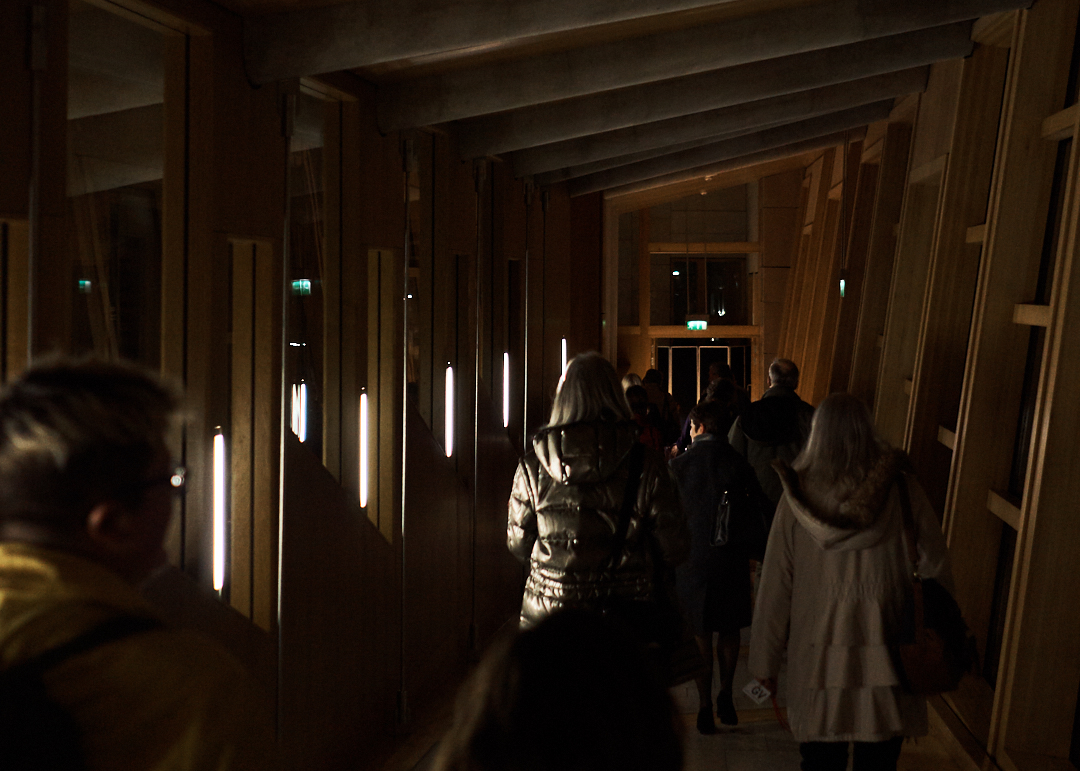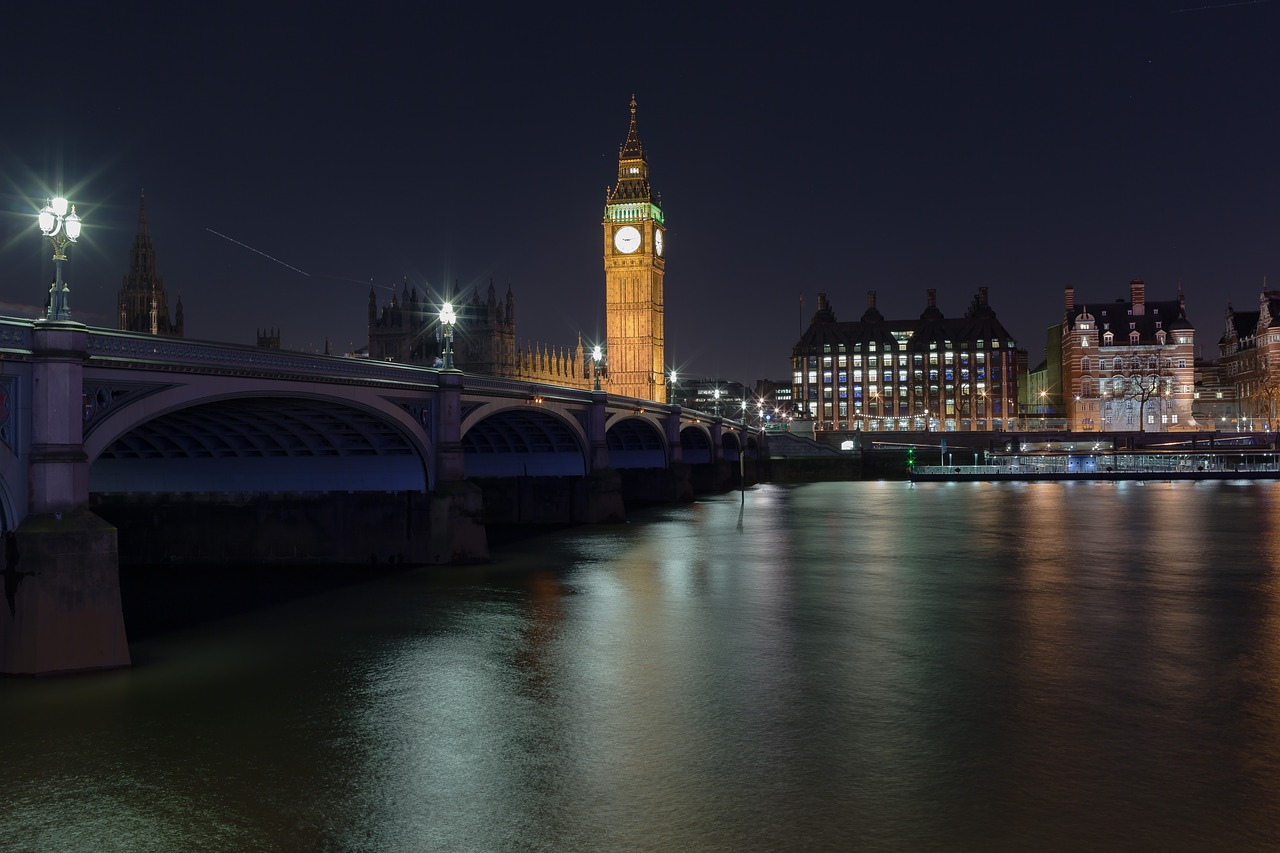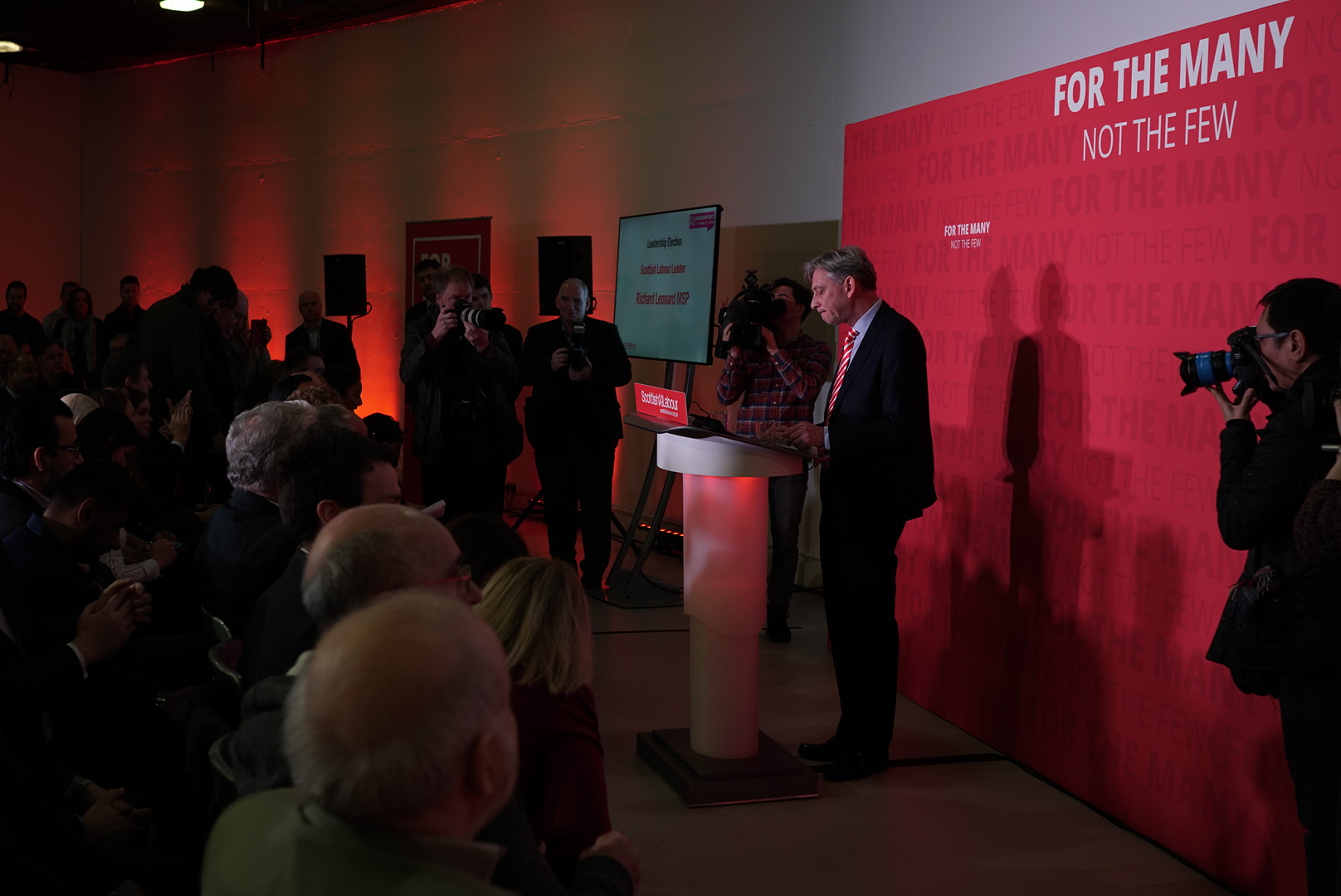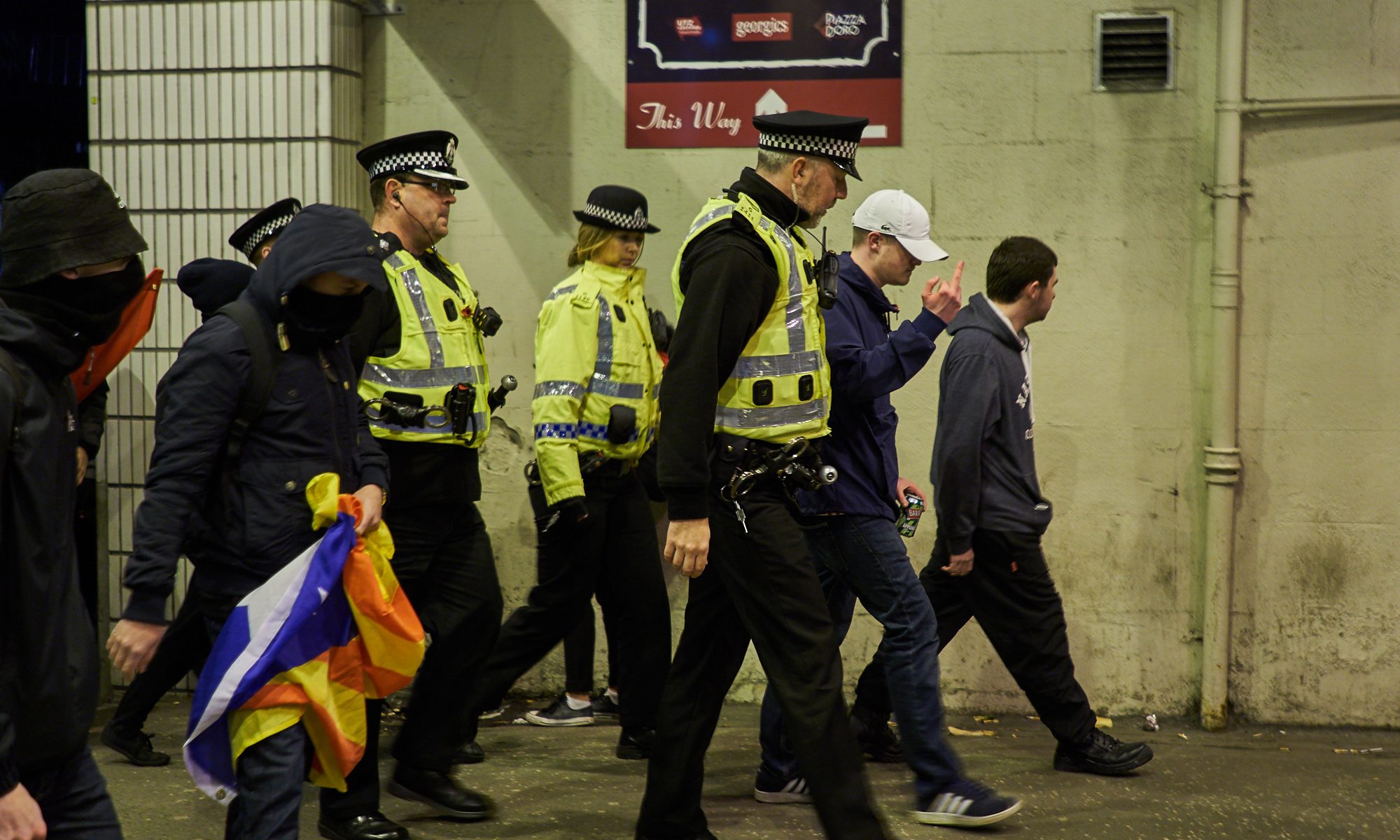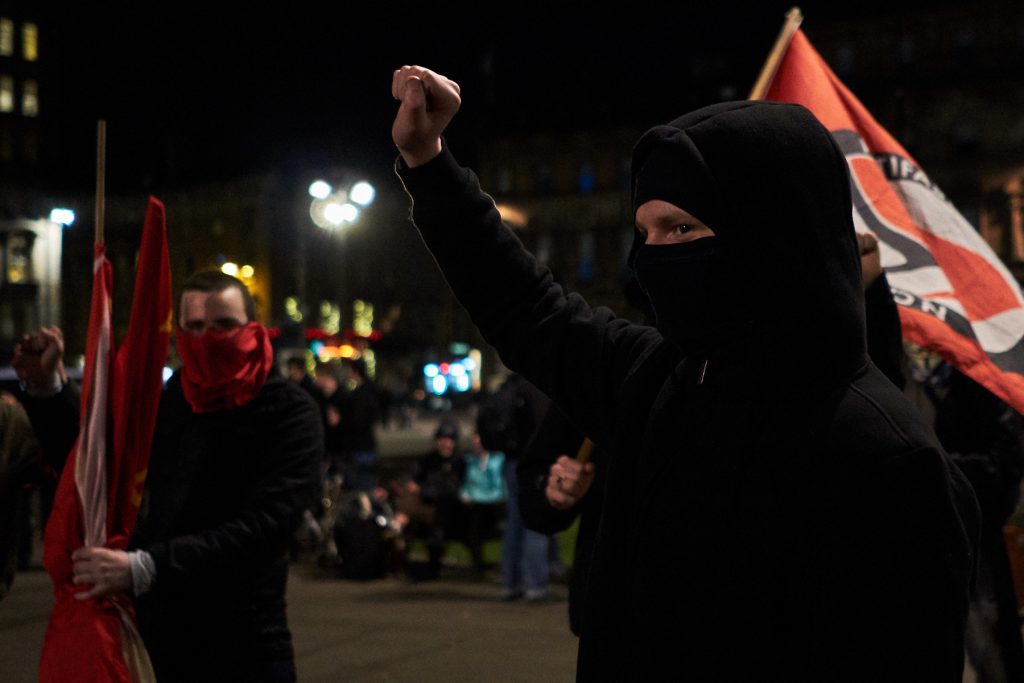This evening I spent a few hours at the Scottish Parliament.
Having got past the long queue at security (apparently there were eight events on tonight!), I was ushered across the public reception area and through some rather unassuming security doors, along a corridor which runs parallel to the debating chamber, and into the sycamore clad – and rather imaginatively named – P1.02 room.
Despite its dull name, I was there to take part in something much more interesting – the Cross Party Group (CPG) on Mental Health.
CPGs provide an opportunity for MSPs, outside organisations and members of the public to meet and discuss a particular cause or subject. This meeting was going to focus on one of the biggest public policy issues of our time – young people’s mental health.
Three expert speakers had been lined up – Dr Elaine Lockhart from the Royal College of Psychiatry in Scotland, Deva MacGinty and Zee Timmins MSYP from LGBT Youth Scotland, and Thomas McEachan MSYP.
Dr Lockhart began, and she opened with something which underlines why this topic is so important. She said research shows there are two points in life that really shape you as a person: your first year and your adolescence. For her, and in fact for all the speakers, this is why this topic is so important.
But despite much good will, and the fact that as a society we are more open about our mental health than ever before, the CPG heard that our system still does not deliver what young people need.
Many teachers are not properly equipped to help young people who are experiencing difficulties, and often even professionals in acute settings like A&E do not know how to respond to specific issues like self harm. What’s more, just one bad experience can have repercussions.
“A young person comes to hospital with an issues like self harm for the first time only once, and that first response is vitally important”, Dr Lockhart said. The point she was making was clear – if a child reaches out for support and gets an inadequate response, this can dissuade them from reaching out for help again. An initial mistake or a failure to properly grasp the severity of a problem can have a significant and long term negative impact.
Deva MacGinty and Zee Timmins MSYP from LGBT Scotland also raised concerns about how health professionals responded to young gay, bi and trans people who sought mental health support. MacGinty and Timmins said some health professionals were too quick to identify problems as LGBT issues, rather than as a ‘bona fide’ mental health difficulties. They said young gay, bi and trans people were often bounced between CAMHS and LGBT groups without being able to access appropriate help.
This theme – the need for easily accessible local mental health support – ran through the whole discussion. And one statistic from Thomas McEachan MSYP illuminated just how much work there is to do.
McEachan said research by the Scottish Youth Parliament – which involved a whopping 1500 responses – found three quarters of young people did not know what help was available in their local area. (And the figure for young people who had experienced mental health problems was not much better – 70% were in the dark about local services.)
McEachan said that even when young people did find out about local support, much of the information was written for adults.
So what is the answer to all this?
Well, McEachan said the Scottish Youth Parliament believed mental health forums for young people in each local authority area would help to tackle the awareness problem. And he said more counselling should be available in schools and colleges too.
For Dr Lockhart, part of the answer was more community based services and more funding. She highlighted the Scandinavian countries, where services are generally better resourced, as a good model to follow. As an example, she said, the typical stay in a mental health hospital for a young person in the West of Scotland is 40-50 days. Whereas in Sweden it is only a week, with much more support where the person lives.
The road to better mental health services for young people will be a long and difficult one. Without doubt there are many views on what needs to be done (there certainly was at the CPG tonight). But whatever your views, one statistic always sticks out to me.
Research has found that 50% of all mental health problems are established by age 14 and 75% by age 24. Surely the lesson from this is clear – get mental health support right for young people, and we will be a long way down the road to getting it right for everyone.

